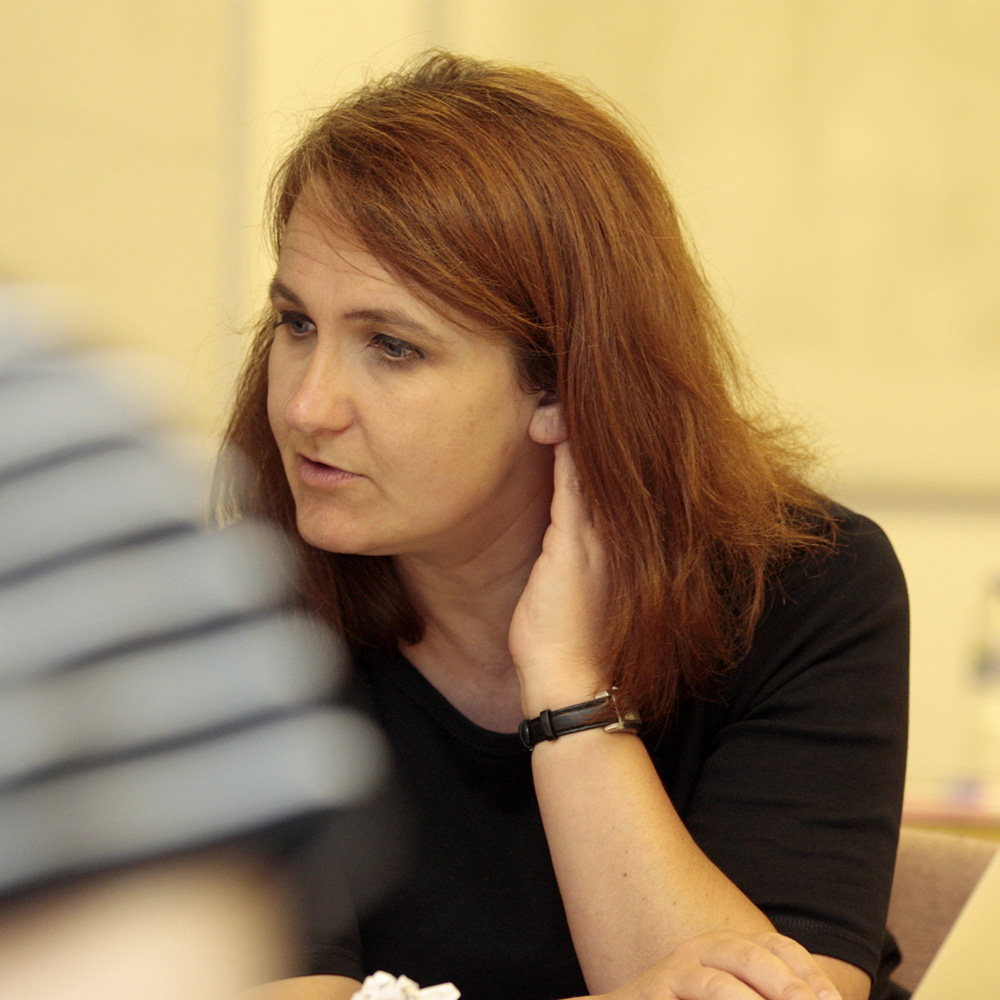Project leads
Philip Hancock and Melissa Tyler in Essex Business School lead this British Academy funded research project documenting the impact of COVID on self-employed live performers. The research, running from October 2020 to September 2022, reports not only on performing during the pandemic, but also on what performers and the industry might need in order to secure a sustainable future for live performance in the UK.
The project is being carried out in consultation with Equity and the Musicians’ Union and in collaboration with self-employed performers.
Please get in touch if you would like to find out more.
Interim report
The impact of COVID-19 on live performers in the UK - Survey results (.pdf)
“The live streaming of shows and artistic performances have been vital to keeping people entertained during lockdown. As venues and events prepare to re-open, however, a return to live performance will be important for both social and economic recovery post-COVID. This report, from a survey of 200+ self-employed live performers, highlights many of the personal, financial, artistic and technical challenges and opportunities they have encountered over the past 12 months. Equally, it considers what support these performers, and the industry as a whole, might need to make a sustainable and equitable recovery from the pandemic.” (Philip Hancock and Melissa Tyler, authors of Performing During/After Lockdown: A Study of the Impact of COVID-19 on Live Performers in the UK.
“The @COVIDperform research makes fascinating reading. The results only help to strengthen the case for extending financial support for freelance performers and creatives as the world opens up to the ‘new normal’ and the industry struggles to its feet.” (Tom Carradine @tomcarradine) – see https://www.carradinescockneysingalong.co.uk
“This interim report confirms not just the profound impact that the pandemic has had on people working in the creative industries but also highlights the systemic problems that contribute to structural inequalities and pecarity in our industries. Equity welcomes this evidence and further work envisaged in this project which we hope will provide a driver for change.” Paul W. Fleming, General Secretary, Equity (@EquityUK)






